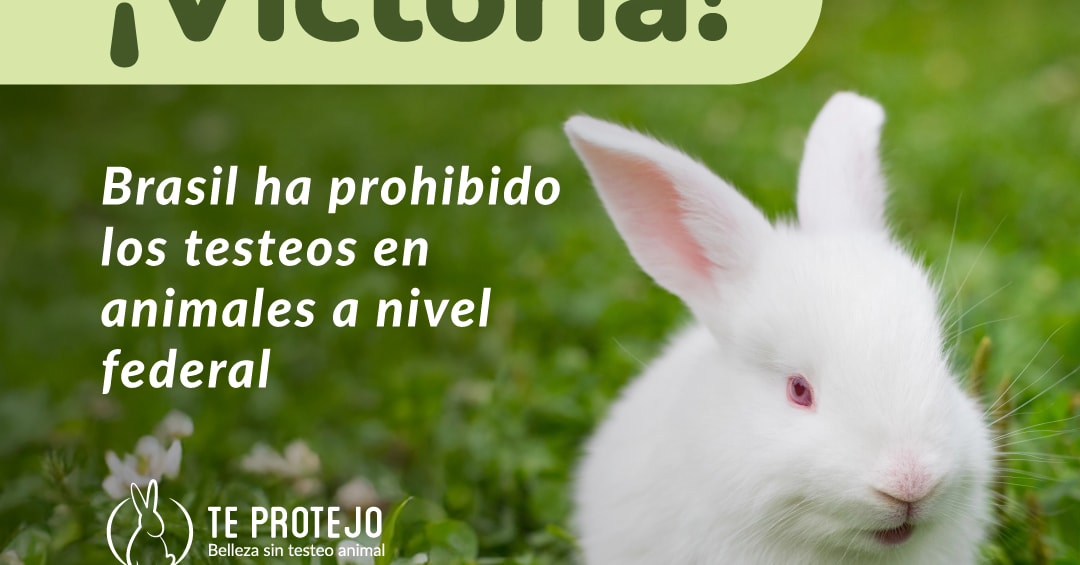Aquatic Life Institute (ALI) has just released the 2024 Progress Report on the Octopus Farming Ban Campaign, highlighting major strides in the global effort to stop octopus farming before it starts. Through advocacy, collaboration, research, policymaker support, and public outreach, ALI and its partners are working to ensure that these intelligent, solitary animals are never subjected to the inhumane conditions of intensive farming.
Key Wins from 2024
- Landmark Legislation: Washington and California became the first states in the world to ban octopus farming. ALI played a crucial role by providing scientific evidence, written and in-person testimony, and advocacy support, ensuring the passage of these historic laws.
- Shifting Industry Standards: Four major seafood certifiers, Aquaculture Stewardship Council (ASC), RSPCA Assured, Friend of the Sea and Soil Association, stated that they do not plan to certify octopus farms in the near future, a move that reinforces the industry's growing recognition that farming octopuses humanely is not possible.
- New Bills in Progress: A US federal bipartisan bill to ban octopus farming and the import of farmed octopus products nationwide was introduced by Senators Whitehouse and Murkowski, and in New Jersey, Assemblyman Clinton Calabrese introduced bill A5078 to ban commercial octopus farming.
- Corporate Accountability: Plans for the controversial Nueva Pescanova octopus farm in Spain are now stalled, thanks to collaborative advocacy for stricter environmental impact assessments and pressure on key stakeholders.
Why Ban Octopus Farming?
Octopus farming poses serious ethical, environmental, and ecological risks. Octopuses are solitary, highly intelligent animals with complex nervous systems, making them particularly vulnerable to the stresses of captivity. ALI's report, Why Cephalopod Farming Must be Rejected Before it Starts, highlights that no humane slaughter methods exist for octopuses, and large-scale farming would lead to environmental pollution through the introduction of contaminants like fertilizers, algaecides, herbicides, and disinfectants, and through the production of nitrogen and phosphorus waste. Further, farm escapes could introduce diseases to wild populations, further endangering aquatic biodiversity.
The Path Forward
This work aligns with ALI’s "4R Approach to Seafood System Reform" “Reject” principle, which opposes practices that add more animals to the seafood system and increase suffering. ALI will continue pushing for legislative protections, corporate and industry commitments in 2025 and beyond.
We extend our gratitude to the organizations that we collaborated with this year, including Animal Rights Initiative, Animal Legal Defense Fund, Social Compassion in Legislation, Pasado’s Safe Haven, Mercy For Animals, Anima Naturalis, Fundacion Veg, and many others for their work in advancing octopus protections.


